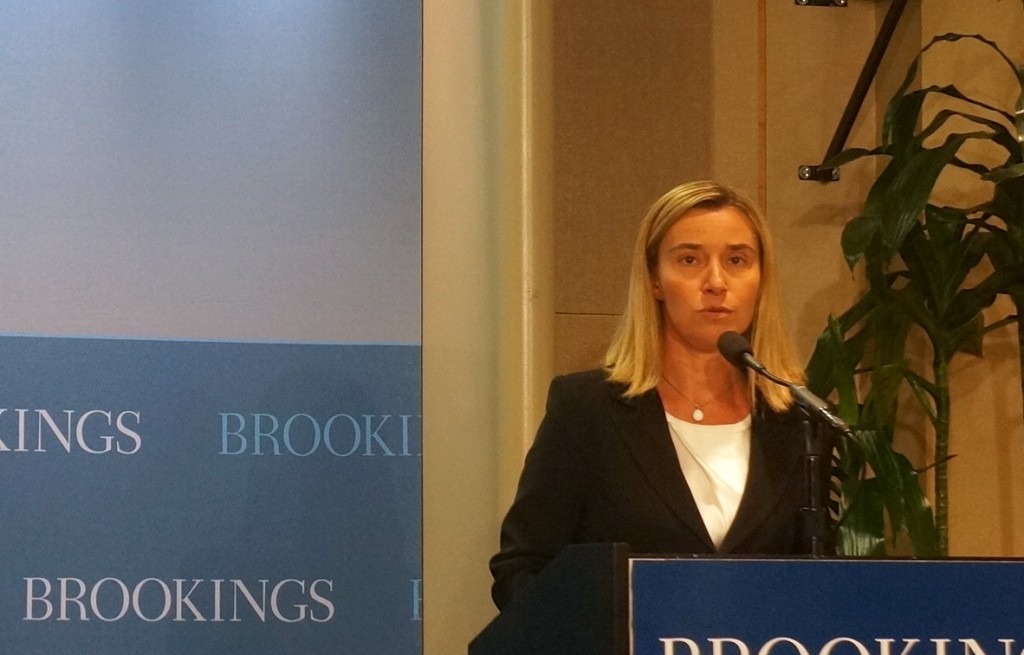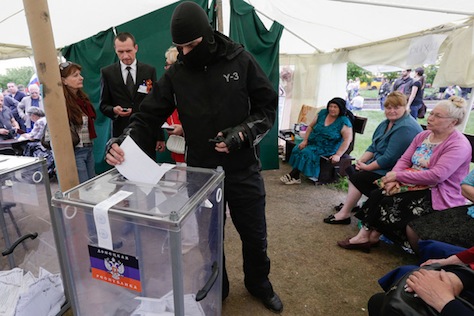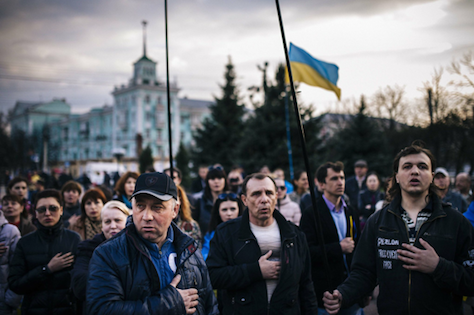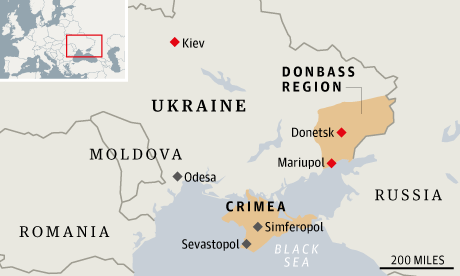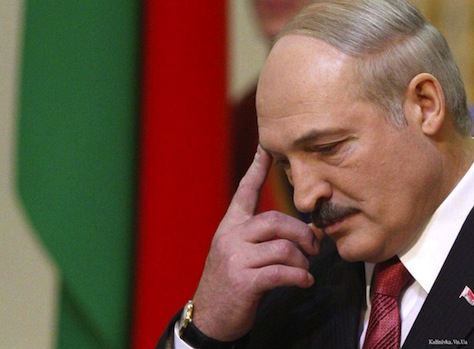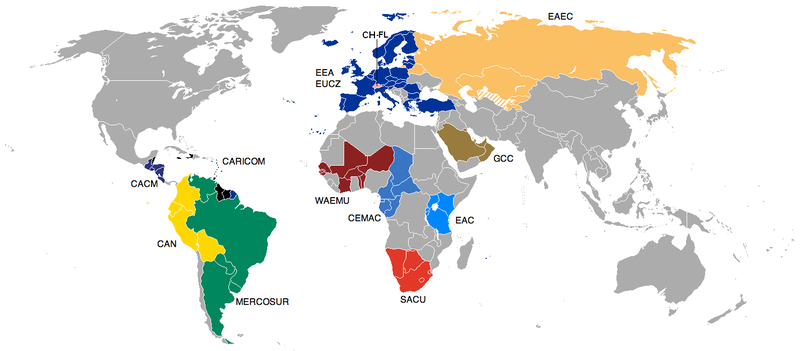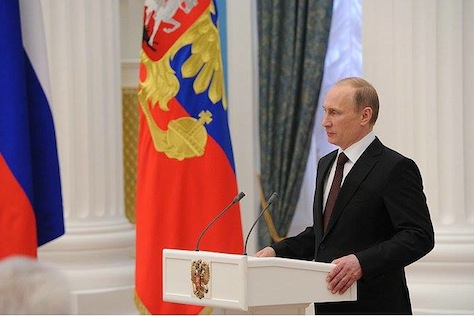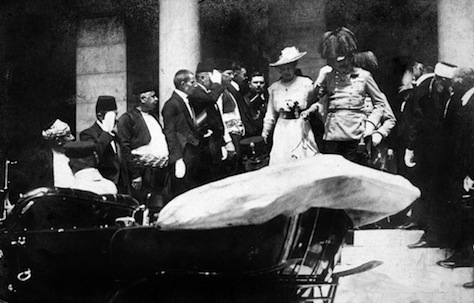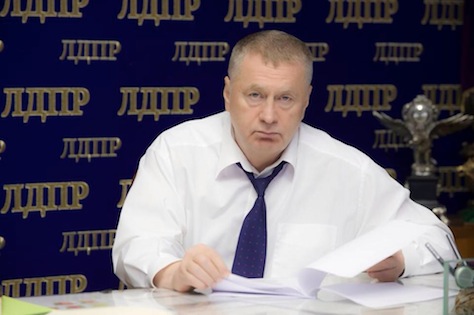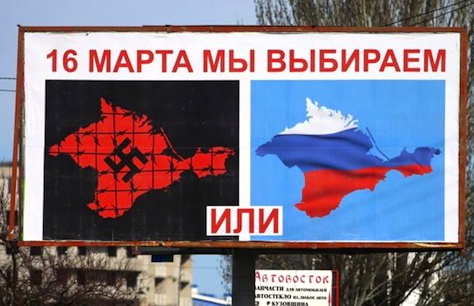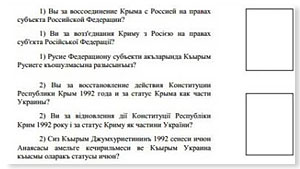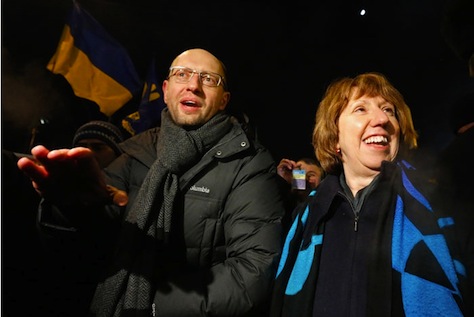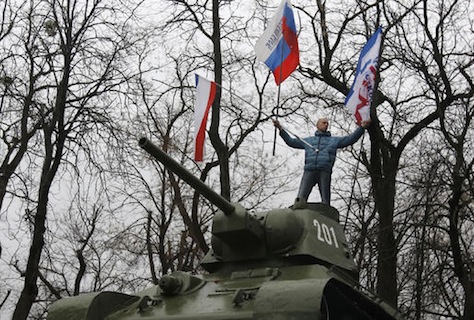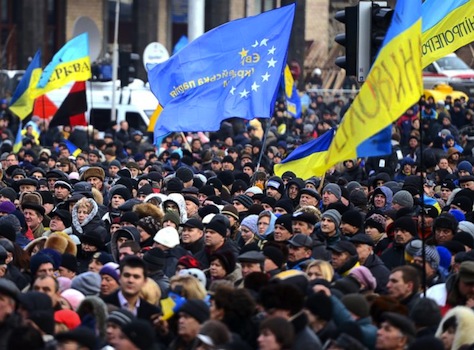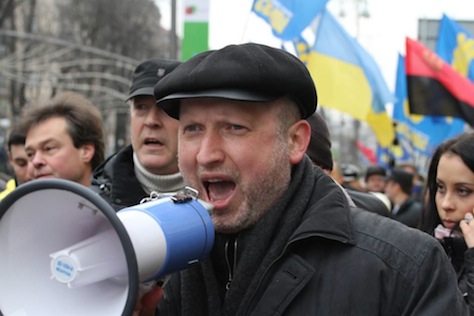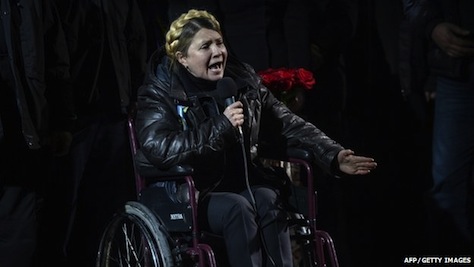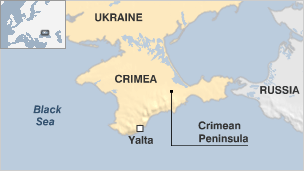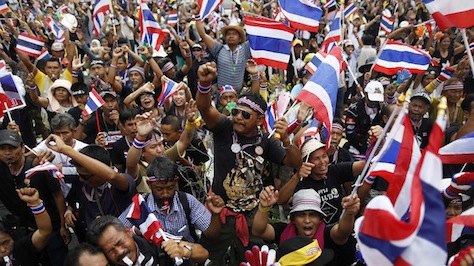When Matteo Renzi, the 39-year-old former Florence mayor, pushed Enrico Letta out of power in February, I questioned the timing of his decision and noted that it was an arguably anti-democratic electoral coup against a prime minister of his own party that could easily backfire on Renzi.![]()
But among the most eyebrow-raising choices was Renzi’s decision not to reappoint the internationally acclaimed Emma Bonino as foreign minister, allegedly against the wishes of Italian president Giorgio Napolitano.
A longtime leader of the Radicali Italiani (Italian Radicals), a group of reform-minded, good-government economic and social liberals, Bonino had a long career in Italian and international politics as an inaugural (and subsequent) member of the European Parliament, international trade minister under center-left prime minister Romano Prodi, and European commissioner for health and consumer protection in the late 1990s. A longtime international activist for human rights, Bonino surfaced briefly as a potential Italian presidential contender in May 2013, though the electors ultimately decided to reappoint Napolitano.
Instead, Renzi appointed Federica Mogherini, a previously little-known international affairs expert and legislator in Renzi’s Partido Democratico (PD, Democratic Party).
Of course, youth need not prevent an official from becoming foreign minister (it hasn’t stopped Austria’s 27-year old foreign minister Sebastian Kurz). Nonetheless, it was a risk to replace such a renowned official like Bonino with an untested foreign minister like Mogherini (pictured above). Even before Bonino, the foreign ministry is a role that’s been held by some of Italy’s most senior politicians — Gianfranco Fini and Franco Frattini on the right, and Massimo D’Alema and Lamberto Dini on the left.
Mogherini, in her first trip abroad, was received by US secretary of state John Kerry yesterday, and she appeared briefly at the Brookings Institution today to share thoughts about European relations with Russia, Ukraine, North Africa and the Middle East.
Mogherini is impressive, even to those of us who regret that Bonino’s time as foreign minister was truncated to just 10 months. At her discussion at Brookings, she was more forthright and authoritative than one might expect from such an untested foreign minister. Continue reading Who is Federica Mogherini?
